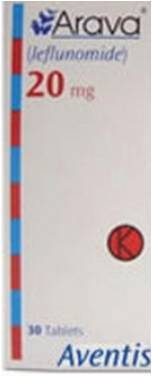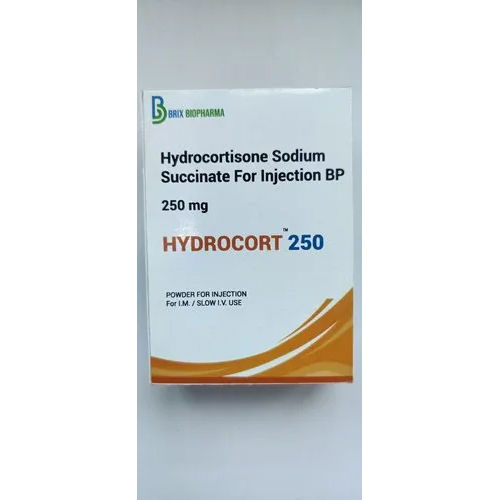

Leflunomide Tablets
Product Details:
- Origin of Medicine India
- Pacakaging (Quantity Per Box) 30 Tablets
- Drug Type Generic Drugs
- Physical Form Tablets
- Dosage As per suggestion
- Suitable For Adults
- Storage Instructions Dry Place
- Click to view more
X
Leflunomide Price and Quantity
- INR
- 1 Crore Piece
Leflunomide Specification
- India
- Generic Drugs
- Adults
- Tablets
- As per suggestion
- Dry Place
- 30 Tablets
Leflunomide Tablets Trade Information
- Cash in Advance (CID) Cash Advance (CA)
- 1 Piece Per Week
- 1 Week
- Australia North America Eastern Europe Africa Western Europe Central America Middle East South America Asia
Product Description
Leflunomide is a medication used in the treatment of rheumatoid arthritis, a chronic inflammatory condition affecting the joints. It belongs to a class of drugs known as disease-modifying antirheumatic drugs (DMARDs). The brand name for leflunomide is often Arava.
Here are some key points about leflunomide tablets:
1. Mechanism of Action: Leflunomide works by inhibiting an enzyme called dihydroorotate dehydrogenase, which is involved in the synthesis of DNA. By inhibiting this enzyme, leflunomide helps to suppress the immune system and reduce inflammation, which is beneficial in the treatment of autoimmune diseases like rheumatoid arthritis.
2. Indications: Leflunomide is primarily used to treat rheumatoid arthritis. It is not a pain reliever or a quick-acting drug for the relief of acute arthritis symptoms; rather, it is used to slow down the progression of the disease and improve long-term joint function.
3. Dosage: The dosage of leflunomide can vary depending on the individual and the specific condition being treated. It is typically taken once a day, with or without food. The full therapeutic effect may take several weeks to months to become apparent.
4. Monitoring: Regular monitoring of blood tests, including liver function tests, is often required during leflunomide treatment. This is because the medication can affect the liver, and close monitoring helps detect any potential issues early on.
5. Contraindications and Precautions: Leflunomide is contraindicated in pregnant women due to the potential risk of harm to the developing fetus. Women of childbearing age are usually required to use reliable contraception while taking leflunomide and may need a washout procedure with cholestyramine if they plan to become pregnant. Additionally, individuals with significant liver or kidney problems may need dose adjustments or should avoid this medication.
6. Side Effects: Common side effects may include diarrhea, elevated liver enzymes, hair loss, and respiratory infections. Serious side effects are rare but can include liver problems, blood disorders, and lung problems.
Tell us about your requirement

Price:
Quantity
Select Unit
- 50
- 100
- 200
- 250
- 500
- 1000+
Additional detail
Mobile number
Email
Other Products in 'Generic Drugs' category
"Accepting orders in bulk order quantity".
 |
DHEER HEALTHCARE PRIVATE LIMITED
All Rights Reserved.(Terms of Use) Developed and Managed by Infocom Network Private Limited. |







